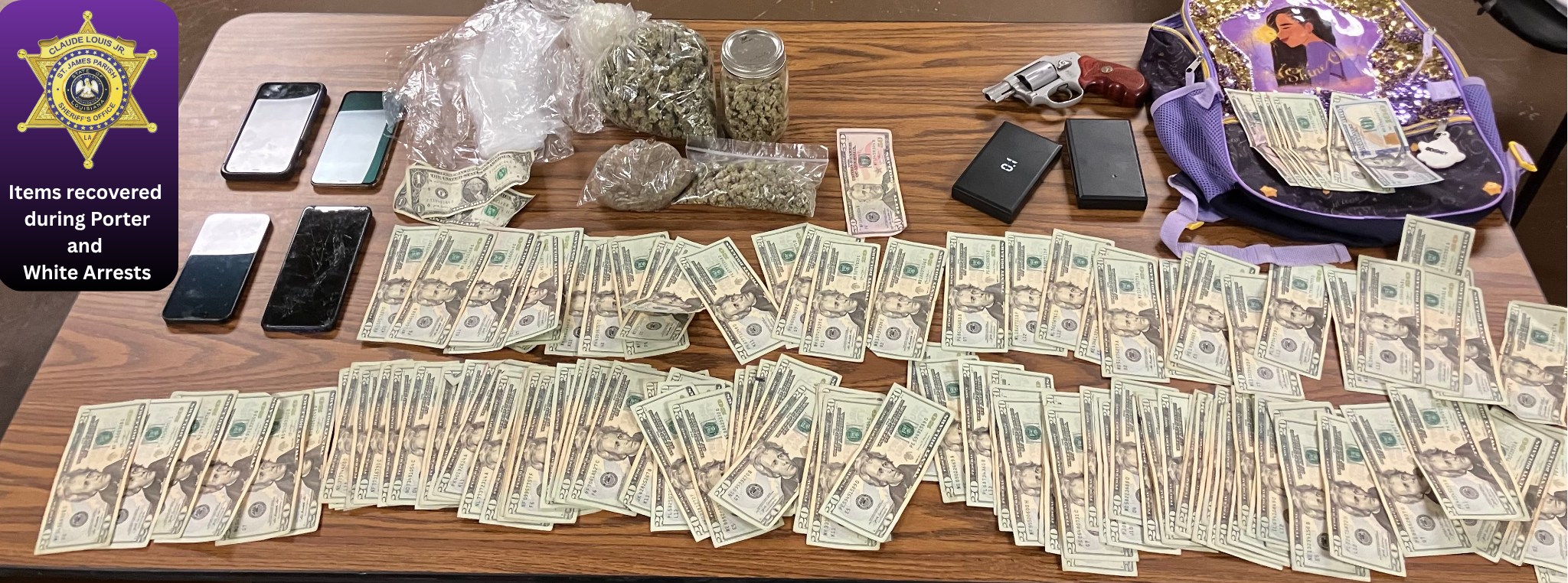Remembering who we are with God
Published 7:00 am Sunday, May 15, 2022
|
Getting your Trinity Audio player ready...
|
We know from the Gospel of Saint John, that Saint John the Baptist denied not, but confessed, “I am not the Christ.” In preparation, for the coming of the Messiah, we also read prophesies that tell us about this John the Baptist. Isaiah and Malachi speak of a person who will come before the Messiah. Our Lord tells us this person was John and it is at the river, with John, that Jesus began His ministry. When John was asked who he was, John was adamant in saying that he was not the Messiah, but had only been sent to introduce the Messiah. John related he was not worthy to take off the Messiah’s shoes. That is to say, John knew who he was: A genuine prophet with significant gifts, whose job was to point to another prophet, the Great Prophet, Jesus Christ.
There is a pattern here to follow in the true Christian life. Each of us is given, along with the gift of the Holy Ghost, our own unique gifts and ministry. None of us was born in fulfillment of prophesy. Nonetheless, each of us is known by God and called by him to service. We fully believe that God has a thoroughly intimate and personal knowledge of each of us.
Should we forget that we are not the One, and forget we are called to serve and bear witness to the One, we develop a false sense of importance. We see this false sense of importance frequently in the world, in the star, or celebrity, who believes that the game, the show or their creative genius, is all about them. When messengers are sent to ask this type of person what he says of himself, the answer, frequently, is, “I am the man!”
Henry Augustus Rowland, professor of physics at Johns Hopkins University, was once called as an expert witness at a trial. During cross-examination a lawyer demanded, “What are your qualifications as an expert witness in this case?” The normally modest and retiring professor replied quietly, “I am the greatest living expert on the subject under discussion.” Later a friend well acquainted with Rowland’s disposition expressed surprise at the professor’s uncharacteristic answer. Rowland answered, “Well, what did you expect me to do? I was under oath.”
When we achieve some success in the world and rise above others in position or honor, we are tempted to say, “Look at me. Look at what I’ve done. Look at what I can do. Look at who I am.” This self-assessment lacks an essential point of reference. It’s rather straight forward…the essential reference is God. When we bring God into the picture, and keep Him there, our perspectives change. We acknowledge that He is eternal and we are only very temporary. We recognize that He is big, beyond full comprehension and we are infinitesimally tiny.
Winston Churchill was once asked, “Doesn’t it thrill you to know that every time you make a speech, the hall is packed to overflowing?” “It’s quite flattering,” replied Sir Winston. “But whenever I feel that way, I always remember that, if instead of making a political speech. I was being hanged; the crowd would be twice as big.”
Any claim or attempt to be more, or less, than God intends us to be, is a fictitious paradigm. If John the Baptist had attempted to be the Messiah, his quest would have failed. Likewise, if John had tried to escape his vocation of being the greatest prophet before Christ, the attempted escape would have failed also.
The word “repent” means to have a change of mind. Modern sociologists would tell us that we have to change our paradigm. It means more than merely a concept, or particular thought, that we should stop doing bad things and start doing good things. It means that we should begin realizing who we are in God’s will and plan and act accordingly–and stop pretending we can be anything else.
Fr. Jonathan J. Filkins






